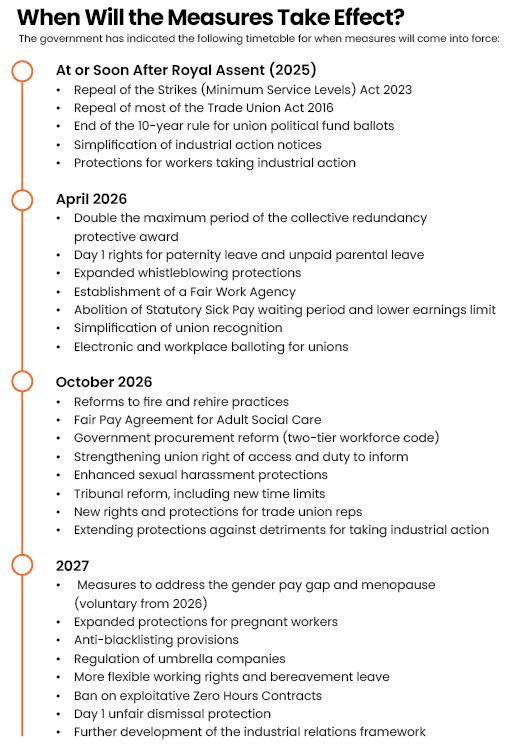Leading Conversations
- msmithorganiser
- Mar 25, 2021
- 3 min read

Some research shows that people at work are not active in their local union because they have never been asked.
Organisers know that what counts is how workers are asked, when and where they’re asked, and how often.
In many workplaces today union membership has not achieved a majority among the workforce.
Excluding non members from union work, campaigns and communications as if the union were a secret society makes no sense in these or any other workplace
Local unions need to be talking to all workers about the union all the time, ensuring and not assuming that everyone knows there is a union where they work, and how they can join and get involved.
For many people it can feel like joining and getting involved in the union is the biggest political step of their lives to date. A compelling analysis built upon the realities people face at work and on how they can contribute to making things better is an essential starting point for each organising conversation.
A good model to base discussions around is the “Personalise Illustrate and Challenge” approach (PIC), a tried-and-tested framework for union organisers to refer to when they’re starting to think about inviting people to join the union’s call to action.
Personalise: People at work are not objects for unions to recruit but subjects of exploitation who organisers seek to engage in changing their own lives. Build your conversation around where people are -starting with getting people talking about what is good and bad about their job – and then listen, listen, listen.
In general people at work tend to organise within unions to protect jobs they value. A complex mix of three factors are at play when most of us are thinking about how much we value our jobs: the level of Pay we can secure, how much Control we have over working hours, and the personal Status the job gives us in our wider lives.
We are often prepared to trade off one factor for another but getting to the root of these issues is key to personalising a persuasive conversation of how joining and getting involved in the union can help people improve their job.
Illustrate: Organisers don't forget that unions are collective campaigns rather than personal services tailored to each individual’s needs.
People appreciate feeling part of a consensus among a wider group of their peers. Where-ever possible, organisers should use examples of how co-workers have got involved in the union and how taking this step has improved their lives. In any event, organisers need to hold up a mirror to the aspirations people have already expressed and paint a picture of how getting involved in the union offers a credible path to achieving them.
Illustrating how collective union work can help is also key to inoculating people against the union-hostile language they’ll be encountering every day in the media, from their managers and sometimes from their co-workers too.
Challenge: In the end, people are exploited at work for as long as they collectively choose to be, and hold the responsibility for their own agency to act. Organisers must supportively confront people with the realities of their exploitation at work, help them to name and describe it, and work together to decide a way forward.
There is a line of union activity that every person in a workplace can be situated on and challenged by organisers to move along. A key part of union organising work is to challenge people to take the next step and the one after that towards getting actively involved in the unions work – whether that is joining the union, attending meetings, circulating union notices or becoming a union rep.
And to gain a commitment to action from people at work, organisers also need to make it clear how they will reciprocate and commit to share the load and the risk of organising for a change



A powerful additional way to ensure you effectively personalise your conversations with people at work is to be ready to tell your own union story about when, how and why you joined the union and became active. We’re never more authentic and persuasive than when we’re telling our story - and making it relevant to the stories of the people we’re talking with.